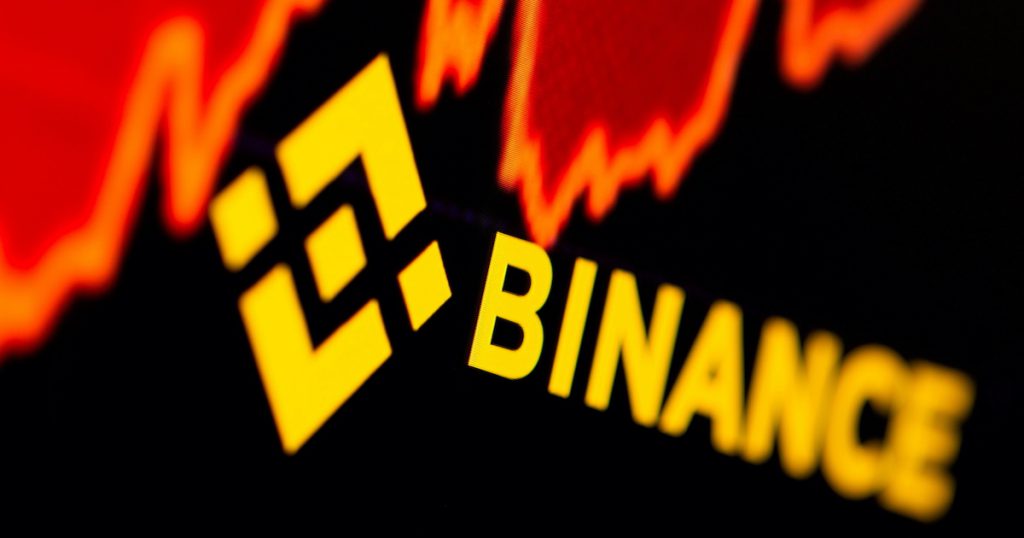The news of Binance receiving an order from the Monetary Authority of Singapore (MAS) to stop providing payment services to Singapore residents has left many scrambling to find alternative exchanges to trade cryptocurrencies.
Binance is a popular choice for many intermediate to advanced cryptocurrency traders and investors as it has the largest trade volume in the world, offering many pairs of cryptocurrencies available for trade.
What happened exactly that led to the regulators clamping down on Binance in Singapore?
How Binance P2P scams happen
Binance P2P is an open marketplace where anyone can exchange their fiat to cryptrocurrency and vice versa.
The Binance P2P feature allows you to exchange your Singapore Dollars (SGD) for cryptocurrencies with another Binance user (advertiser).
You basically send funds to the advertiser’s bank account via bank transfer, PayNow, Paylah or Google Pay, and once the payment is transferred, the advertiser will transfer the cryptocurrency into your Binance Wallet.
The problem with this method is that you are unable to verify the source of the Singapore Dollars when you sell your cryptocurrency.
So a case like this may happen when you are looking to sell and cash out $1000 of your cryptocurrency (bitcoin) to Singapore dollars:
1. Scammer goes to Binance P2P and agrees to buy your cryptocurrency for $1000.
2. You initiate a P2P order and sell your cryptocurrency, and wait for $1000 to appear in your bank account.
3. Scammer scams another victim for $1000 in Singapore (love scam, ecommerce scam).
4. Scammer asks victim to transfer or deposit the scammed $1000 to your bank account.
5. Victim deposits $1000 to your bank account.
6. You receive the $1000 in your bank account and scammer receives $1000 in cryptocurrency.
7. Victim makes police report and trace the bank account deposit to your name
8. Your bank account is frozen and is pending a police report.
9. Scammer gets away with cryptocurrency.
P2P enables the violation of Payment Services Act
On January 2021 this year, 24-year-old Singaporean Vivian Lange was convicted and sentenced to 4 weeks’ jail for violating the Payment Services Act in Singapore.
Vivian claimed that she took up a part time job online where her role was to receive money in her bank account before depositing them into multiple bitcoin wallets. She would receive a 10% commission on the transactions from an unknown person.
The money deposited into her account turned out to be proceeds of crime from victims of online scams from at least 13 victims.
In April last year, 11 women also had offered their bank accounts to assist others in transferring monies to other bank accounts in return for commission, and subsequently were under investigation.
Another three Singaporeans were also being investigated for advertising their services to process payments via bank transfer services, PayNow and PayLah, on social media platforms.
The offer, invitation or advertisement of payment services by people who are not licensed or exempted from the Payment Services Act is a crime.
As P2P enables the violation of the Payments Services Act, it is probably one of the main reason why regulators are clamping down on Binance. There are hundreds of other ways scam can happen and this is just one of them.
Featured Image Credit: Reuters



































